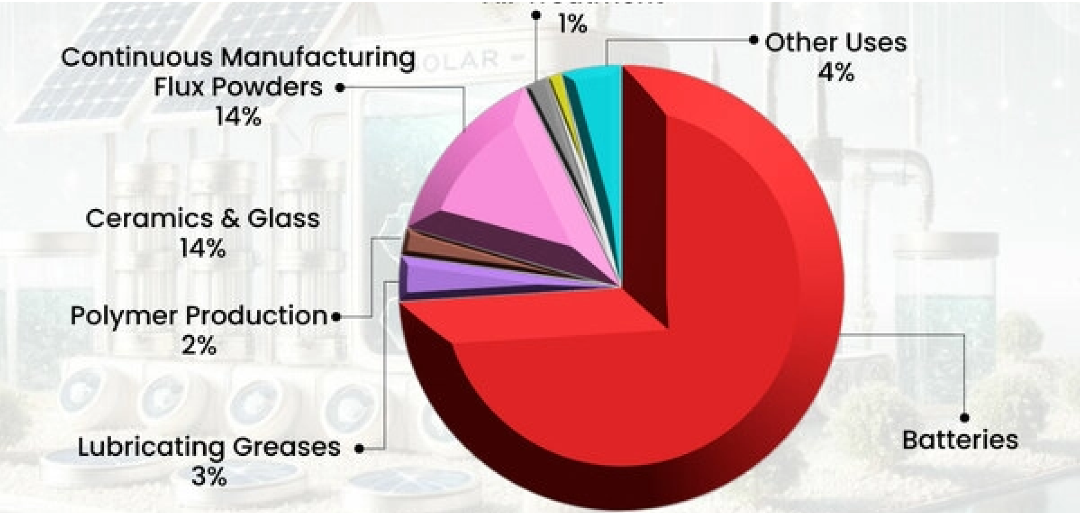Batteries With Organic Cathodes Can Boost Clean Energy Transitions
Researchers have developed a new organic material expected to offer sustainability in industrial usage. The new organic bacteria found in 2024 provide sustainable approaches in the industrial sector comprising various applications. The clean energy transition reflects many environmental changes, including electric vehicle adoption as the primary driving force in 2024. Electric vehicle adoption is expected to rise in 2024 due to decarbonization goals to be achieved by 2050. New organic battery material can induce more sustainable approaches to power electric vehicles.
According to Massachusetts Institute of Technology researchers, this new organic battery material will help in sustainable development with various green energy approaches in 2024. The latest development leads to lithium-ion batteries, including a cathode based on organic materials as a substitute for cobalt or nickel. Many benefits come with newly built cobalt-containing batteries. Cobalt is widely used in the automotive industries due to its beneficiary qualities, financially and environmentally. The new development in the industry shows that new batteries consisting of organic materials are anticipated to be produced at a lower cost than batteries containing cobalt. Organic batteries can conduct electricity with equal efficiency to cobalt-containing batteries. Lastly, organic batteries have good storage capacity and faster charging efficiency compared to conventional batteries.
Researchers from the Massachusetts Institute of Technology have developed organic batteries, allowing the automotive industry to adopt more sustainable approaches to power electric cars. In 2024, electric vehicles are expected to gain momentum with the clean energy transition phenomenon. Organic batteries can save on environmental degradation due to the lower mining needs than cobalt ones. In most lithium-ion batteries, the cathode consists of cobalt; however, newly built batteries are supported with organic materials. Cobalt has significant demerits to the environment as its extraction through mining is quite difficult. Cobalt mining also contaminates land, water, and other environmental disadvantages. Therefore, lithium-ion batteries with organic materials in the cathodes can boost sustainability in the automotive sector.

